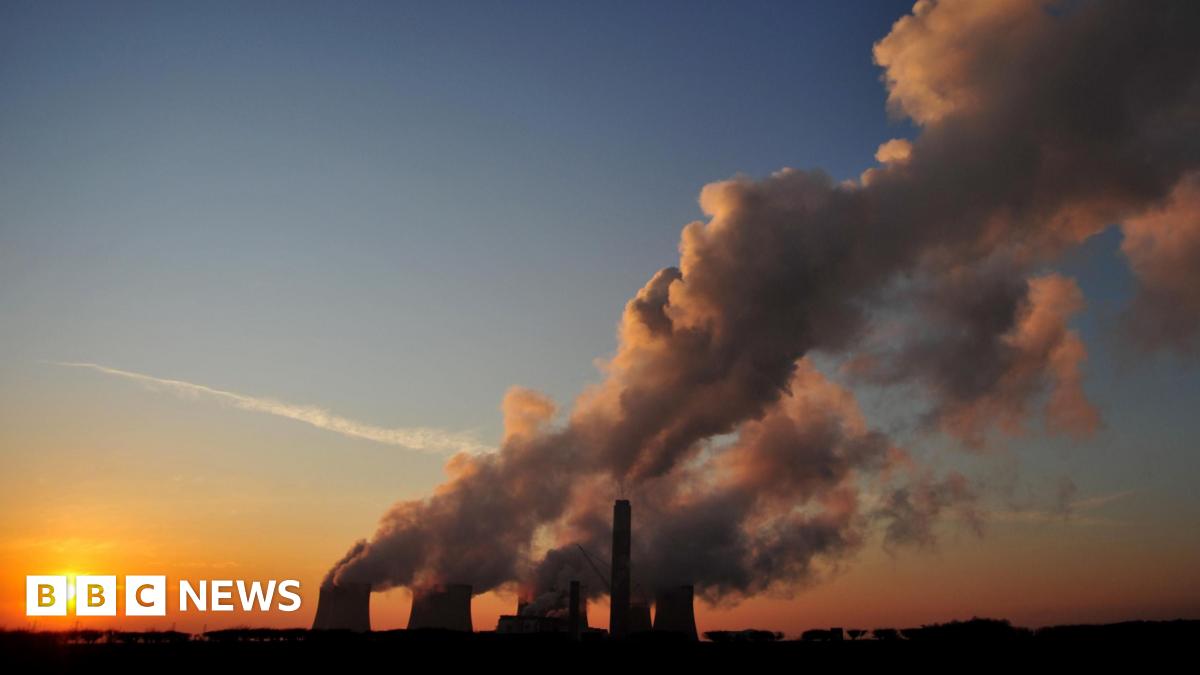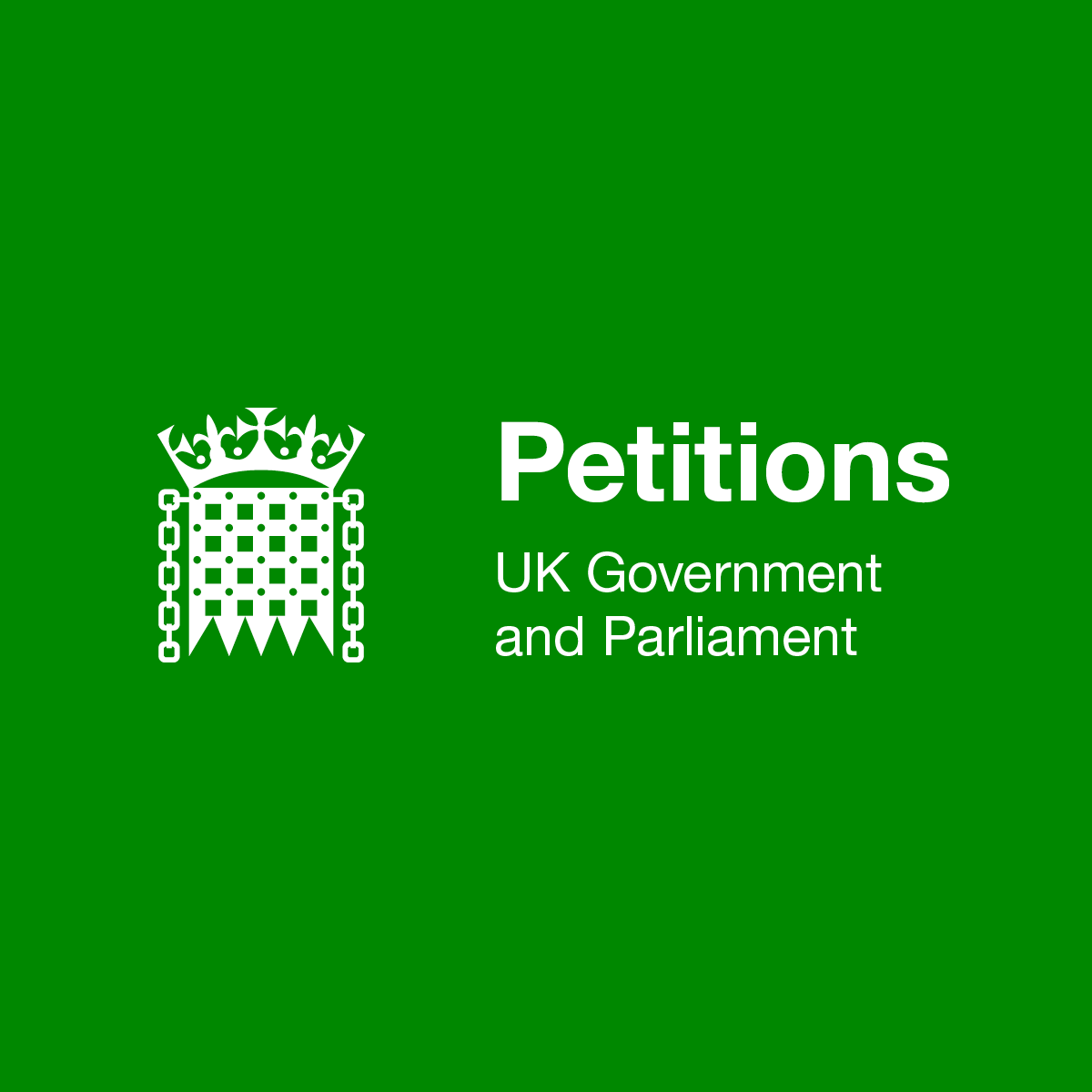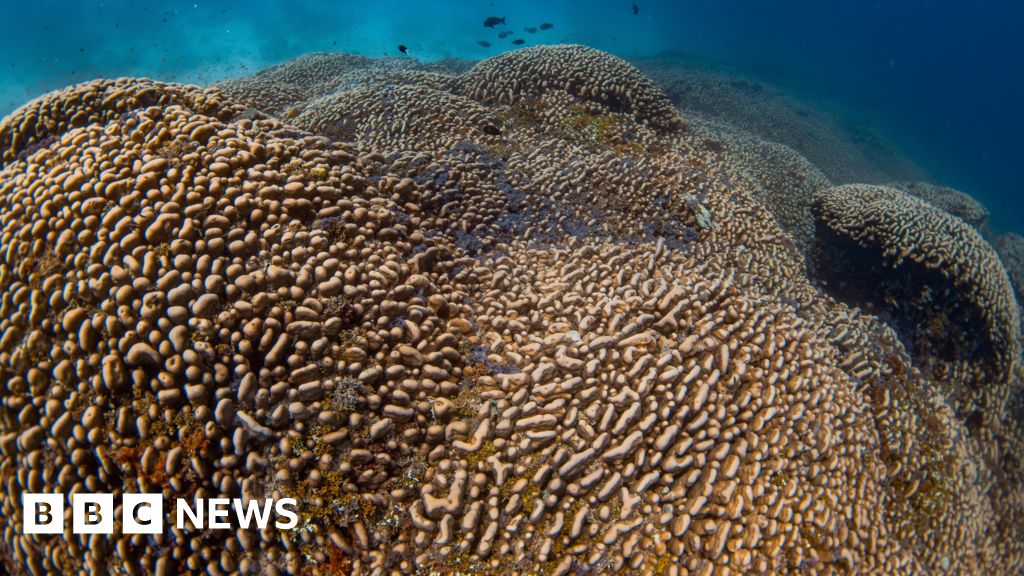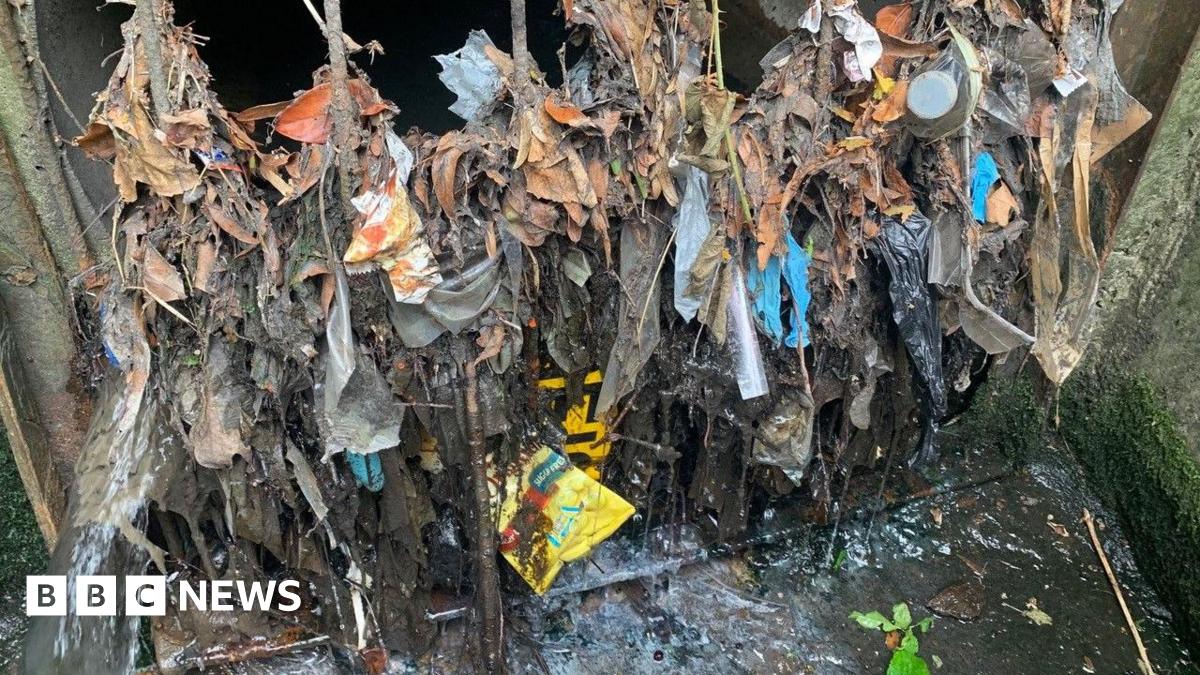With all the news about human-induced climate disasters, it would be easy to get swamped by negativity about the environment. I figure we therefore need a thread to show some of the more positive stories about how the world is actually achieving important net neutral goals, with the aim not simply of slowing global warming, but even eventually reversing it.
Here's a couple for starters:
1. The UK was the first country to industrialize coal power - but now has stopped producing energy from coal:

2. China may be the biggest CO2 polluter - but it is also the biggest driver of green energy, building almost twice as much solar and wind capacity than every other country combined:

 phys.org
phys.org
I don't know if we have an existing thread on this - if so, I'll moved this thread into that one.
Here's a couple for starters:
1. The UK was the first country to industrialize coal power - but now has stopped producing energy from coal:

UK to close last coal power station after 142 years
The UK's last coal power station, Ratcliffe-on-Soar, is due to end operations on Monday.
www.bbc.co.uk
2. China may be the biggest CO2 polluter - but it is also the biggest driver of green energy, building almost twice as much solar and wind capacity than every other country combined:

China passes energy law to 'promote carbon neutrality'
China on Friday passed a new energy law to promote carbon neutrality, state media reported, as Beijing moves ahead with its pledge to decarbonize its economy by 2060.
I don't know if we have an existing thread on this - if so, I'll moved this thread into that one.








.png?table=block&id=35ef9170-a1b1-4c44-b75e-0371ca691db9&spaceId=2afcd626-c922-47b1-b868-f6d74fe95ce5&width=2000&userId=&cache=v2)


